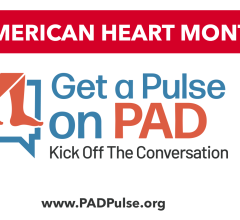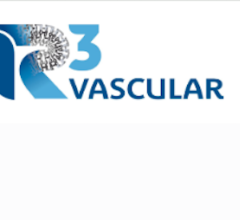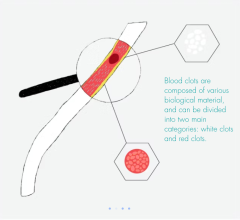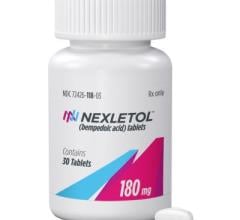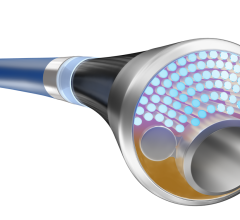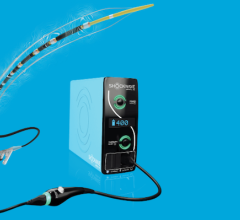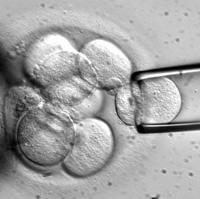
August 25, 2011 – The Munich biotech company apceth started its first Phase I/II clinical study on somatic cell therapy for advanced peripheral arterial occlusive disease (pAOD) after angioplasty. The aim is to investigate the tolerability and efficacy of somatic cell therapeutics developed by apceth for the treatment of pAOD. The study is designed as an open, randomized, monocenter study with two parallel patient groups and is being conducted in cooperation with the Isar-Medizinzentrum in Munich. The first patients have already been treated. A total of 30 patients are to be recruited into the study by March 2012. The initial results of the study are expected by mid-2012.
Causes and treatment options for pAOD
Around 4.5 million people in Germany suffer from peripheral arterial occlusive disease. The most common cause of pAOD is arteriosclerosis, or hardening of the arteries. Since the illness is often not diagnosed in time, if at all, the consequences for those affected can be fatal: 75 percent of pAOD patients die of heart attack and stroke. pAOD is one of the most common chronic diseases and is still increasing, particularly in the industrialized countries. Those affected suffer from progressive narrowing or even complete occlusion of major and minor blood vessels that supply the limbs with blood. The treatment options for pAOD include bypass surgery, angioplasty and in severe cases, amputation of the foot and leg.
Adult Stem Cells Offer Hope
Due to the complexity of pAOD many patients cannot be healed with the current treatment approaches. "That's why stem cell-based treatment offers patients with advanced pAOD a highly promising alternative to stimulate the growth of new blood vessels and tissue regeneration," explained apceth's CEO Christine Günther, M.D.
In turn, this should increase the blood supply to the affected leg and promote healing of the chronic ischemic wounds associated with pAOD. "We are proud that we have already started clinical trials on our first cell therapy product," Günther said.
Course of the Study
As part of the clinical study on pAOD, a small amount of bone marrow is first taken from the patients. The mesenchymal stem cells are isolated from the bone marrow sample and propagated as cell cultures under controlled conditions. The apceth team then prepares a purified and accurately defined fraction of the autologous stem cells for therapeutic use. These purified stem cells are available just a few weeks after taking the bone marrow sample and are then returned to the patient by intravenous infusion. "In this study we are documenting the results with regard to the regeneration of tissue and the blood supply. This enables us to draw conclusions about the efficacy and tolerability of stem cell therapy in pAOD," said Günther.
Adult Stem Cell Therapy
Adult mesenchymal stem cells possess a broad spectrum of biological properties that are based on the natural healing powers of the organism. For instance, stem cells are capable of regenerating tissue and promoting wound healing. Another characteristic of these adult mesenchymal stem cells is that they do not trigger a reaction by the immune system, but instead regulate this system so as to dampen inflammatory processes. For this reason adult stem cells are suitable for autologous use, but also for allogenic applications, in which the stem cell donor and the recipient of the cells are different individuals. In both cases, there are no rejection phenomena such as those known in standard transplantation medicine.
For more information: www.apceth.com

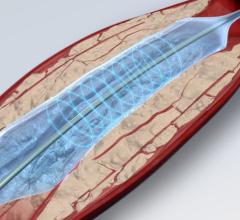
 September 12, 2025
September 12, 2025 

